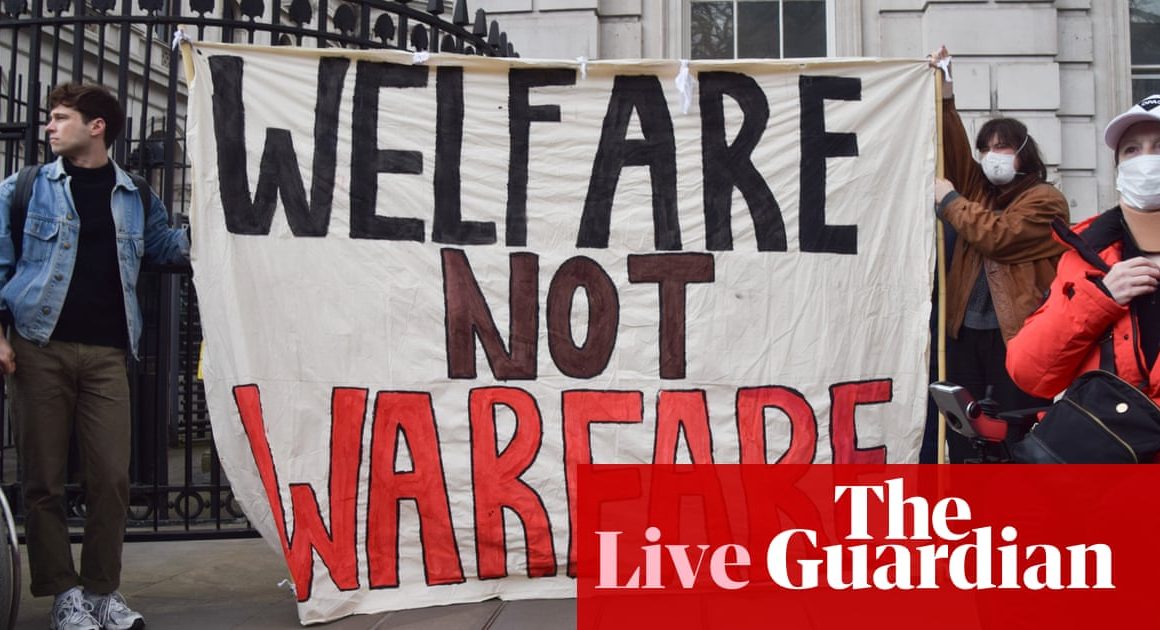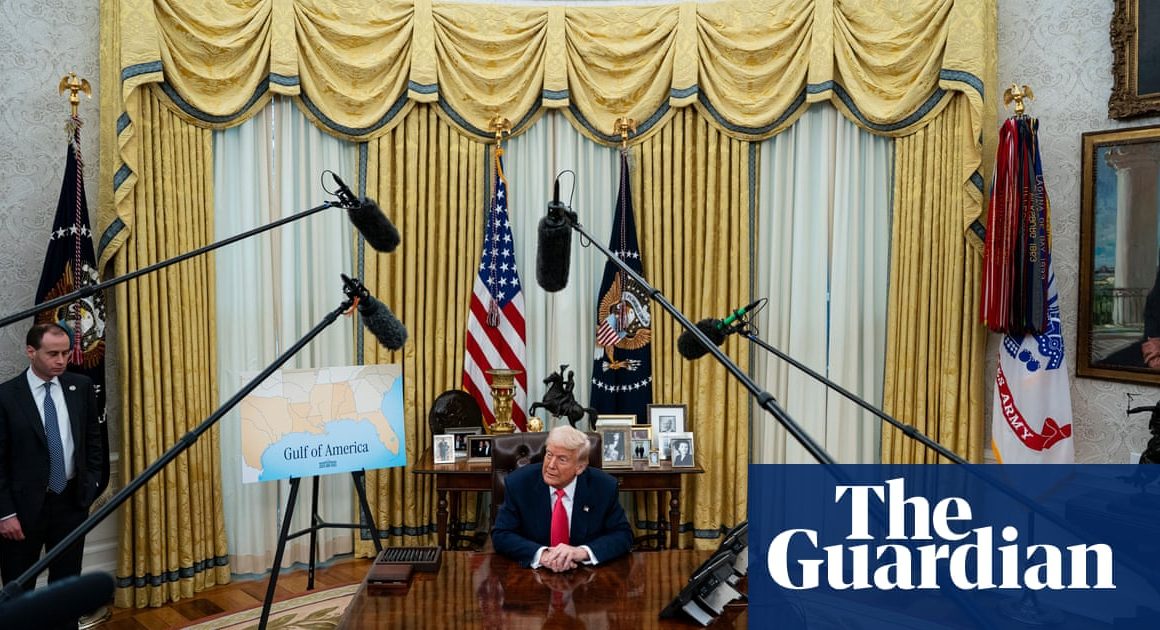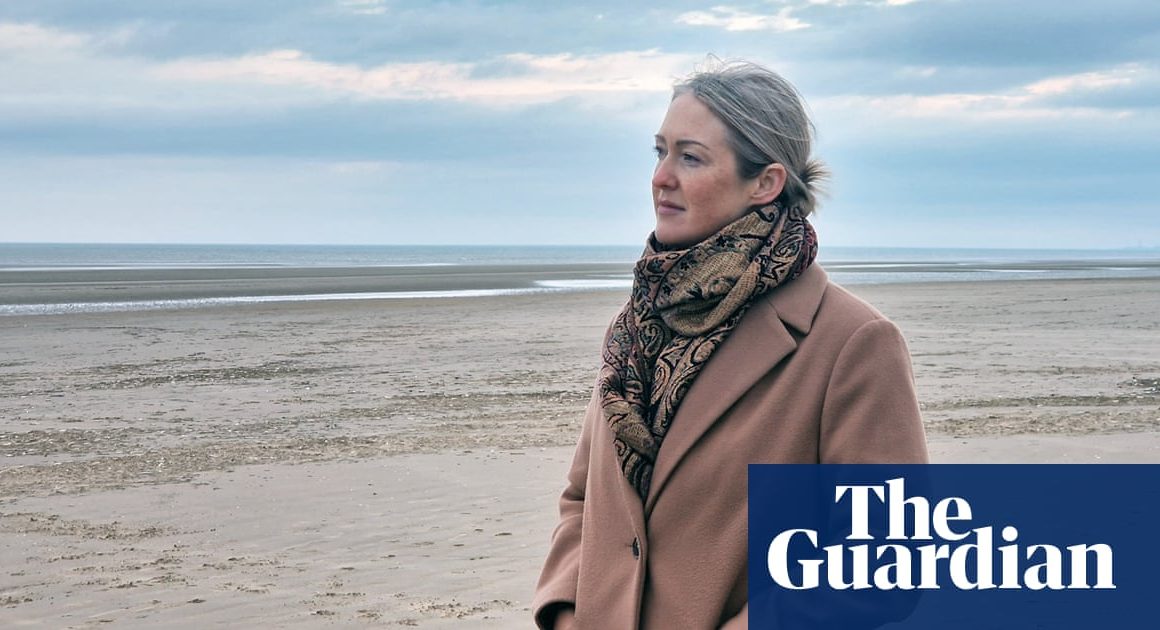‘Global emissions continue to increase, carbon sinks are being degraded and we can no longer exclude the possibility of surpassing 2.9C of warming by 2100.” It is a bleak assessment of our planet’s future and could have been made by just about any environmental organisation on Earth.
In fact, they are the views of an international group of climate experts that highlight, in sharp detail, the manifest failings of the UN’s annual Cop climate summits, whose 29th iteration is now being staged in Baku, Azerbaijan. These talks, they said last week, are no longer fit for purpose and need an urgent overhaul.
The group – which includes former UN secretary general Ban-Ki moon and former UN climate chief Christiana Figueres – are to be congratulated for the veracity and timing of their warning. Cop summits have become a byword for talk and very little action, as illustrated by the fact they have taken almost 30 years merely to agree to “transition away” from fossil fuels when a decision to have a full-blooded phasing-out has been needed desperately for decades.
The grim state of Cop negotiations was further underlined last week by Ilham Aliyev, the president of Azerbaijan, who told world leaders that natural gas was a “gift from God”. Countries should not be blamed for bringing these resources to the market, he said, because “the market needs them”.
At the same time, Cop29 has witnessed little progress in finding finance to help developing nations adapt to global warming or to highlight how the world is going to cut emissions in future. “This has been the worst first week of a Cop in my 15 years attending these summits,” Mohamed Adow, director of the climate thinktank, Power Shift Africa said today.
It would be tempting, under these circumstances, to think about starting afresh and to consider a completely new diplomatic initiative to introduce speedier, more effective ways to curtail climate change, and so stave off the increasingly severe floods, droughts and storms that are being unleashed on our planet.
The idea may sound attractive but it would be folly to act so precipitously. Cop summits are still the only meetings at which every nation – rich and poor – gets a seat at the table when it comes to trying to save Earth. As Adow points out, they are akin to Winston Churchill’s description of democracy; they are the worst way of doing it except for all the other ways.
Given this stricture, last week’s intervention by Ban-Ki moon, Figueres and the others was all the more important. If we are stuck with Cop summits, we must find ways to make them effective, they insist. Exclude countries that do not support the phasing out of fossil energy, they suggest. Summits should be smaller, more frequent and focused on solving specific climate-related problems, they also argue, while mechanisms should be introduced to hold nations accountable to their climate targets. The issue of the influence of the thousands of fossil fuel lobbyists who now attend summits also needs addressing.
after newsletter promotion
Such goals are laudable and must be seen as aspiration of extreme urgency. Cop29 is foundering and we should be under no illusion about the consequences of future summit failures. If the world continues to heat beyond rises of 2C, major tipping points will be passed and we will be at risk of witnessing the destruction of the world’s tropical coral reefs, the destabilisation of the Greenland and West Antarctic ice sheets, the abrupt thawing of the world’s permafrost regions, and widespread flooding along with the spread of deadly droughts and storms. Hundreds of millions of people – mostly in developing nations – will become homeless. In short, we have no time to lose.












